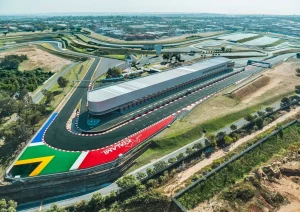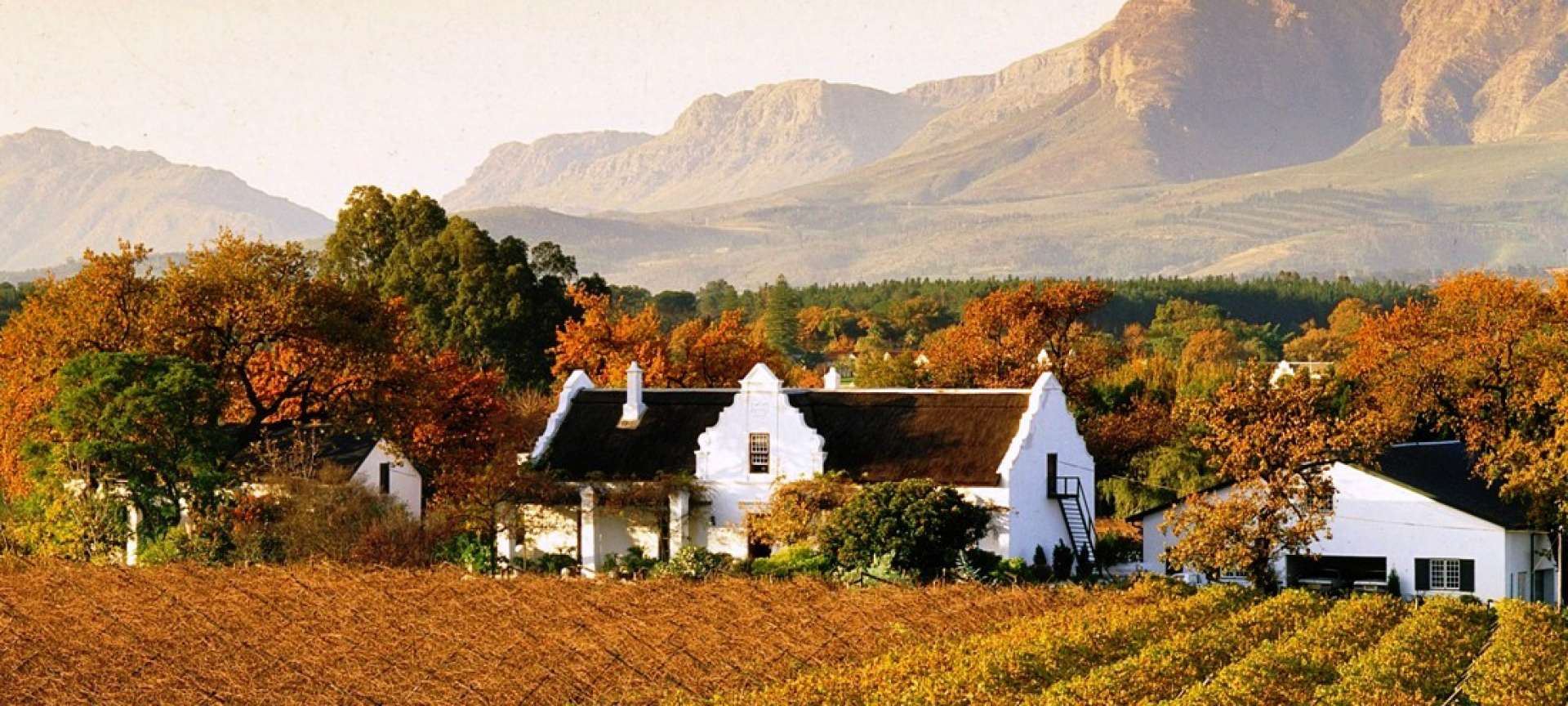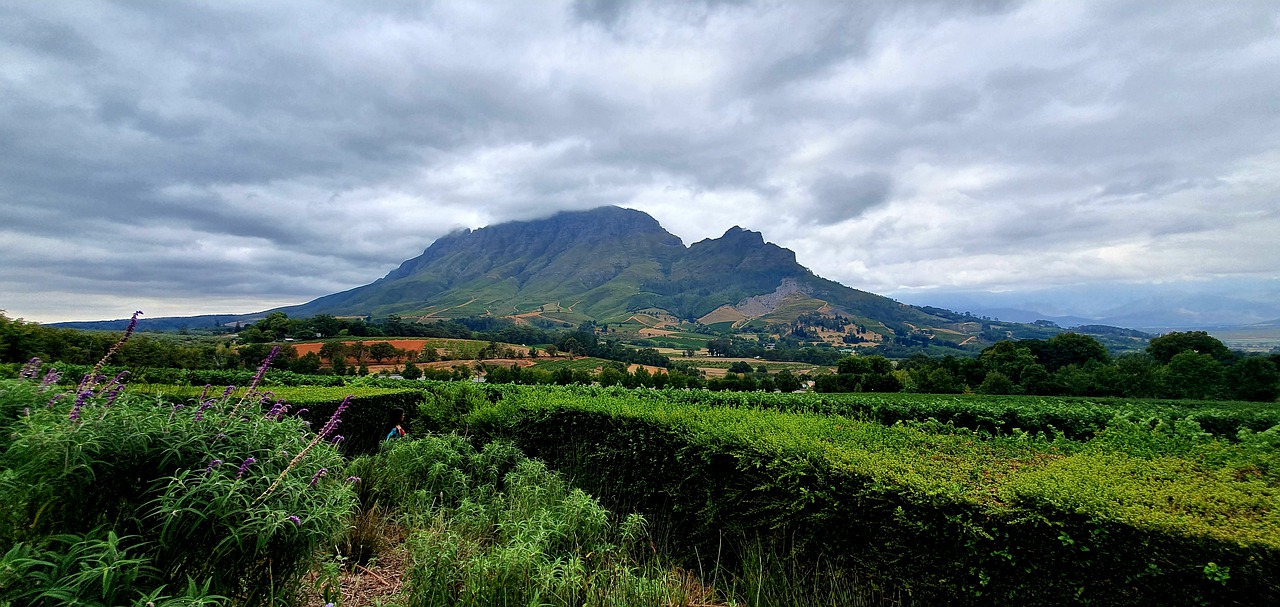
Kyalami Gets One Step Closer to Formula 1 Return
Kyalami Grand Prix Circuit, deep in the heart of Gauteng between Johannesburg and Pretoria, has...
 20 June 2025
20 June 2025 
The Cape Winelands is a stunning region made up of three main wine-areas: Stellenbosch, Franschhoek and Paarl. These valleys produce some of the world’s finest wines, and Stellenbosch continually dominates the South African wine scene in terms of quality.

Cape Winelands
With fertile land and the ideal climate for growing grapes, the first wine was produced in South Africa in the 1650s by the Dutch explorer, Jan van Riebeeck who founded Cape Town. In 1685 the Governor of the Cape, Simon van der Stel, a wine enthusiast and experienced in Viticulture made a few trips inland of the Cape Colony, where he took particular interest in the beautiful area near the Eersterivier (First River) – so named as it was the first new river he reached and followed when he went on an expedition over the Cape Flats to explore the territory towards what is now known as Stellenbosch.
In 1679 it was named after him, and the town of Stellenbosch soon began attracting settlers who took advantage of the almost perfect fertile valley in which to grow grapes. The Dutch were skilled in hydraulic engineering, and they devised a system of furrows to direct the water from the Eerste River through the town to where a mill was erected. During the next few years, some Huguenot refugees settled in Stellenbosch where vines were planted in the fertile valleys around Stellenbosch, and soon it became the centre of the South African wine industry.

Beautiful Winelands
After its discovery, Stellenbosch was identified as an area in which to settle, with great potential for agriculture. The surrounding areas proved rich in soil and the correct climate for producing vegetables to sustain the ships passing by the Cape of Good Hope en-route to the other Dutch colonies in the East.
Adding to this, the Dutch and other settlers’ thirst necessitated the making of good wine – Stellenbosch soon saw its hills and valleys planted with vines. Skilled vintners were sent to the area. The vines bore excellent fruit, thus making Stellenbosch world-renowned for its wines’ quality, with the vine being by far the region’s most prominent agricultural feature. Besides its status as a leading cultural, education and leisure destination, it is the wine that has made and continues to make Stellenbosch famous.
Stellenbosch became the first wine region in South Africa to establish a wine route as an organised wineries network. The tourist can experience the vine’s product and tune into the soul of the regions Winelands.

Stellenbosch and the Winelands
The wine route consists of a network of more than 150 wineries – each offering a unique cellar-door experience for the wine-lover and tourist. The Stellenbosch wine route is part of the six most popular tourist attractions in South Africa and is also connected to the global Great Wine Capitals Network.
There are various options to explore the wine-route, but one of my favourites is the Bikes ‘n Wines tours, which cater to all fitness levels, ability, ages and types of cyclist or hiker. All tour routes have been carefully designed and tested personally by the team, ensuring that you experience the best that the Winelands offers.